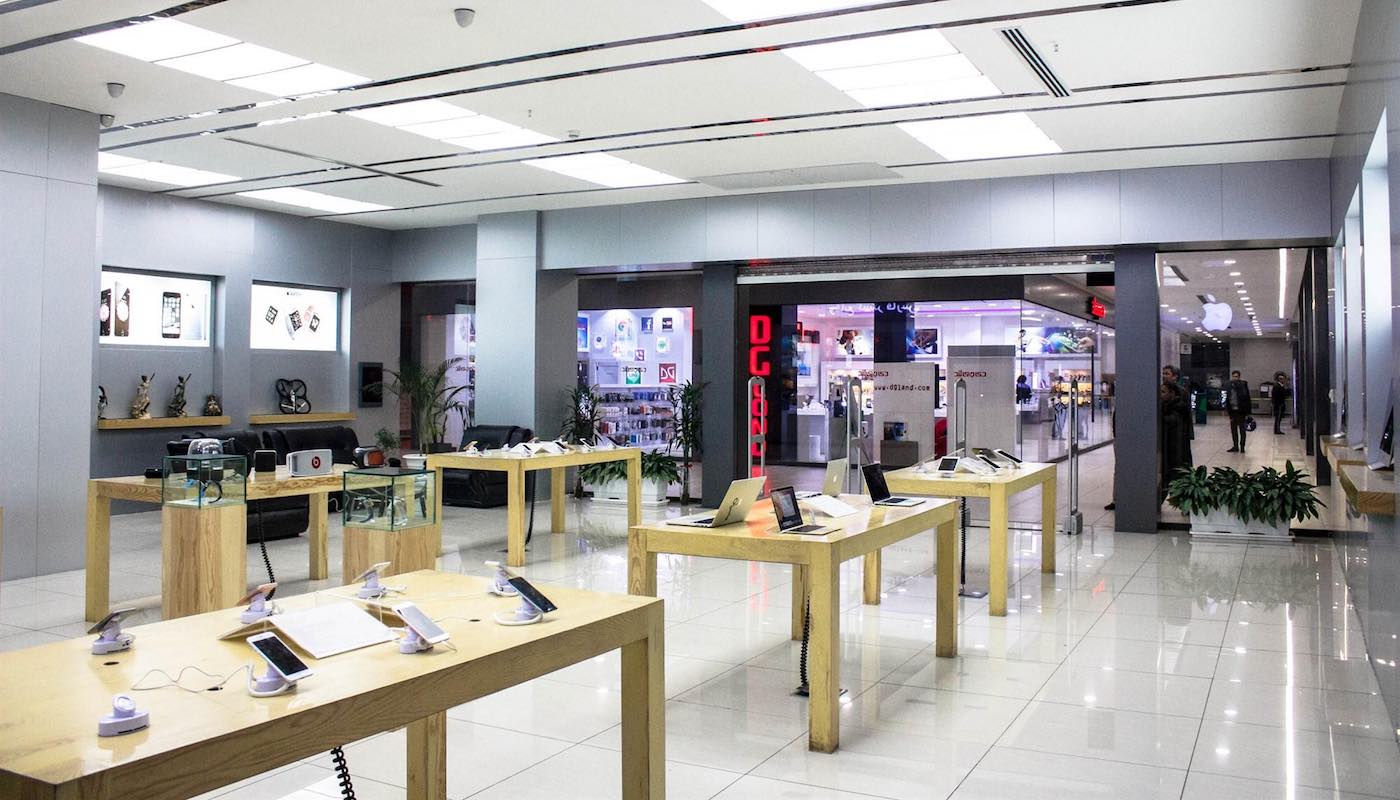Most iPhone users around the world probably have not noticed a difference when using their Apple device lately, but for over 9 million Iranians who depend on the American-made gadget for services like mobile banking and peer-to-peer ridesharing, there is something a bit off.
Iranian-developed apps no longer work on iPhones. Apple has reportedly started blocking Iranian apps as part of a global crackdown by the company on developers who misuse its technology.
“The iOS versions of the mobile apps developed in Iran have no longer been accessible to the users since Wednesday [February 27]”, Iran’s Press TV reported.
Access to over 20 locally-developed iOS apps is reportedly blocked, including mobile banking, shopping and ride-hailing services. Some of the services impacted are the ride-hailing apps Snapp and Tap30, along with banking apps.
Apple suspended the iOS distribution certificates for numerous Iranian app developers, saying it revoked enterprise certificates to prevent gambling and pornography as well as social media networks from collecting private user data through apps.
“We designed our Enterprise Developer Program solely for the internal distribution of apps within an organization… Any developer using their enterprise certificates to distribute apps to consumers will have their certificates revoked, which is what we did in this case to protect our users and their data,” Apple said in a statement on January 31.
According to the Statistical Center of Iran, between March 2017 and March 2018, the number of active mobile phones in Iran grew 7.5 percent to 88 million. In March 2018, Iran’s Telecommunications Minister Azari Jahromi said, “Eleven percent of Iran’s mobile market belongs to Apple,” which would mean 9.6 million Iranians have iPhones.
In January 2016, the U.S. began to lift economic sanctions on Iran as part of a deal brokered in 2015 that would allow Iran relief in exchange for curbing its nuclear program. The nuclear deal, formally known as the Joint Comprehensive Plan of Action (JCPOA), prompted Apple to explore the Iranian market.
But in May 2018, the situation took a different turn. U.S. President Donald Trump announced that he was pulling the United States out of the JCPOA, which was agreed to under the Obama administration, and re-imposed harsh unilateral sanctions. Trump also threatened European and other global companies doing business with Iran with sanctioning.
This is not the first time that Iranian iOS apps have been rendered useless due to sudden decisions made by Apple. In September 2016, Apple started opening up its non-official App Store to Iranians but it removed Digikala, Iran’s biggest e-commerce startup that was founded in 2006, without providing any explanation.
In August 2017, Apple removed Snapp, a ride-hailing app similar to Uber that is popular in Iran, from its app stores. That was followed by the removal of apps for food delivery, shopping and other services.
In a message to Iranian developers whose apps were affected by the ban, Apple said, "Under the U.S. sanctions regulations, the App Store cannot host, distribute or do business with apps or developers connected to certain U.S. embargoed countries."
In a report released on March 1, the Center for Human Rights in Iran criticized Apple's apparent escalation of its crackdown on Iranian app developers, saying that Apple's revocation of enterprise certificates, "will not only deny Iranians access to apps providing information, services and games, it will also harm the country's tech sector, which was already struggling to operate under state-enforced anti-internet-freedom policies and sanctions.”







 President Ilham Aliyev shed light on the evolving contours of the peace process with Armenia during an international conference in Baku this week. ...
President Ilham Aliyev shed light on the evolving contours of the peace process with Armenia during an international conference in Baku this week. ...
 Azerbaijan and Armenia started the process of demarcation of their border on Tuesday, with the installation of the first border markers based on ge...
Azerbaijan and Armenia started the process of demarcation of their border on Tuesday, with the installation of the first border markers based on ge...
 Armenian sappers commenced on Monday mine-clearance operations in the territories adjacent to the Saint Mary Church in village of Voskepar (Armenia...
Armenian sappers commenced on Monday mine-clearance operations in the territories adjacent to the Saint Mary Church in village of Voskepar (Armenia...
 As the conflict between Ukraine and Russia escalates, the strategic importance of Kharkiv, Ukraine's second-largest city, has come sharply into focus.
As the conflict between Ukraine and Russia escalates, the strategic importance of Kharkiv, Ukraine's second-largest city, has come sharply into focus.
 President Aliyev emphasized the critical role of the North-South Transport Corridor in fostering transport cooperation between Azerbaijan and Russi...
President Aliyev emphasized the critical role of the North-South Transport Corridor in fostering transport cooperation between Azerbaijan and Russi...



